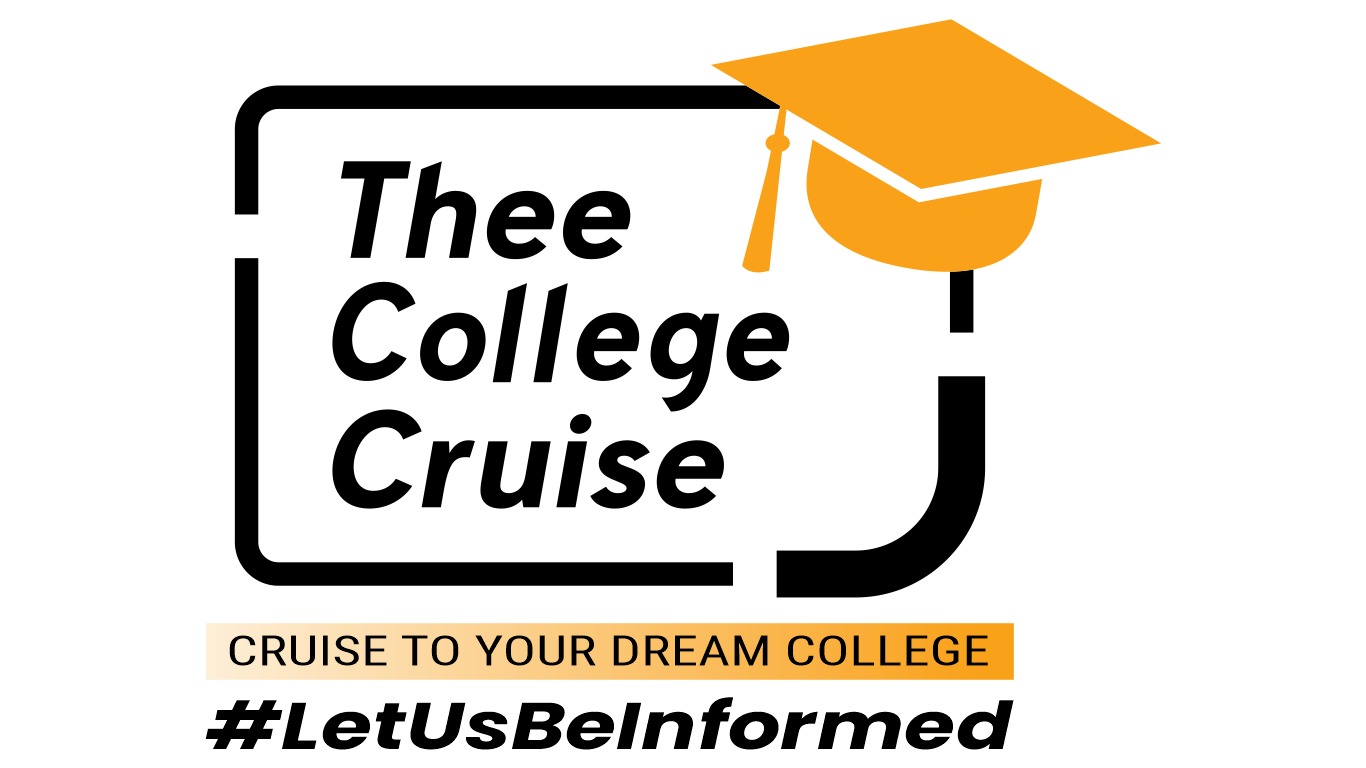Choosing a university is one of the most crucial decisions for students planning to study abroad. University rankings often play a significant role in this decision, but understanding what these rankings mean and how they can influence your choice requires careful consideration. Let’s break down the factors students need to keep in mind when using rankings as part of their application strategy.
1. What Are University Rankings?
University rankings are lists that evaluate and rank institutions based on specific criteria. Several organizations like QS World University Rankings, Times Higher Education (THE), and Academic Ranking of World Universities (ARWU) publish annual rankings. These rankings help students identify top-performing universities globally.
2. Factors That Influence Rankings
Each ranking organization uses different metrics to evaluate universities. While the exact criteria vary, common factors include:
- Academic reputation: Based on surveys of academics worldwide.
- Employer reputation: Reflects how employers perceive graduates from the university.
- Faculty-to-student ratio: Measures the quality of teaching and academic support.
- Research output: The number of research papers and their impact.
- International outlook: The university’s global partnerships, student diversity, and faculty.
Understanding these factors can help students identify which elements are most important for their personal academic goals.
3. Are Rankings the Only Factor to Consider?
While rankings provide a general overview of an institution’s global standing, they should not be the sole factor in decision-making. Here are other important aspects to consider:
- Course suitability: Even top-ranked universities may not offer the best program for your field of interest. Focus on course content, faculty expertise, and facilities related to your major.
- Location: The university’s location affects your lifestyle, climate preference, and even future career opportunities. Make sure the country and city suit your preferences.
- Cost: Consider tuition fees, living expenses, and available scholarships. A highly ranked university may not always be affordable, and financial aid options can vary widely.
- Campus life: Cultural fit, extracurricular activities, and student support services should align with your personal preferences to ensure a fulfilling student experience.
4. Understanding the Ranking Gaps
A university ranked 30th may not necessarily be significantly better than one ranked 50th. Often, the gaps between universities within the top 100 are small, especially when considering specific programs or regions. Instead of focusing only on the rank, look closely at the details of what makes a particular university stand out.
5. Different Rankings for Different Needs
Not all rankings are created equal. For example:
- QS World University Rankings tend to focus more on academic reputation and employability.
- THE World University Rankings weigh research impact and international outlook heavily.
- ARWU (Shanghai Rankings) prioritize research output and Nobel Prize-winning alumni and faculty.
Understanding which ranking suits your priorities is key. For students focused on employability, QS rankings might be more relevant, while those looking to enter research fields might prefer THE or ARWU rankings.
6. Specialized Rankings
If you’re targeting a specific field (e.g., engineering, business, or medicine), check subject-specific rankings. Universities may perform exceptionally well in certain departments, even if their overall ranking is lower. A school with a strong reputation in your field of interest could provide you with better academic and professional opportunities.
7. The Role of Accreditation
Accreditation is another essential factor to consider. Ensure that the university you choose is accredited by recognized educational bodies, which guarantees that it meets high educational standards. Rankings often highlight accredited institutions, but it’s always a good idea to double-check.
8. Balancing Reputation and Fit
Ultimately, the best university for you is one that aligns with your academic and personal goals, not just one with a high ranking. Research deeply, seek advice from career counselors, and try to connect with current students or alumni to gain insights into university life and career prospects postgraduation.
While university rankings can offer valuable insights, they should not dictate your decision entirely. At Thee College Cruise, we provide personalized career counseling to help you make informed choices about your future. Whether you’re aiming for top-ranked universities or institutions that align with your unique goals and aspirations, our services are designed to guide you every step of the way. Let us help you navigate through the rankings and find the best fit for your academic journey!




